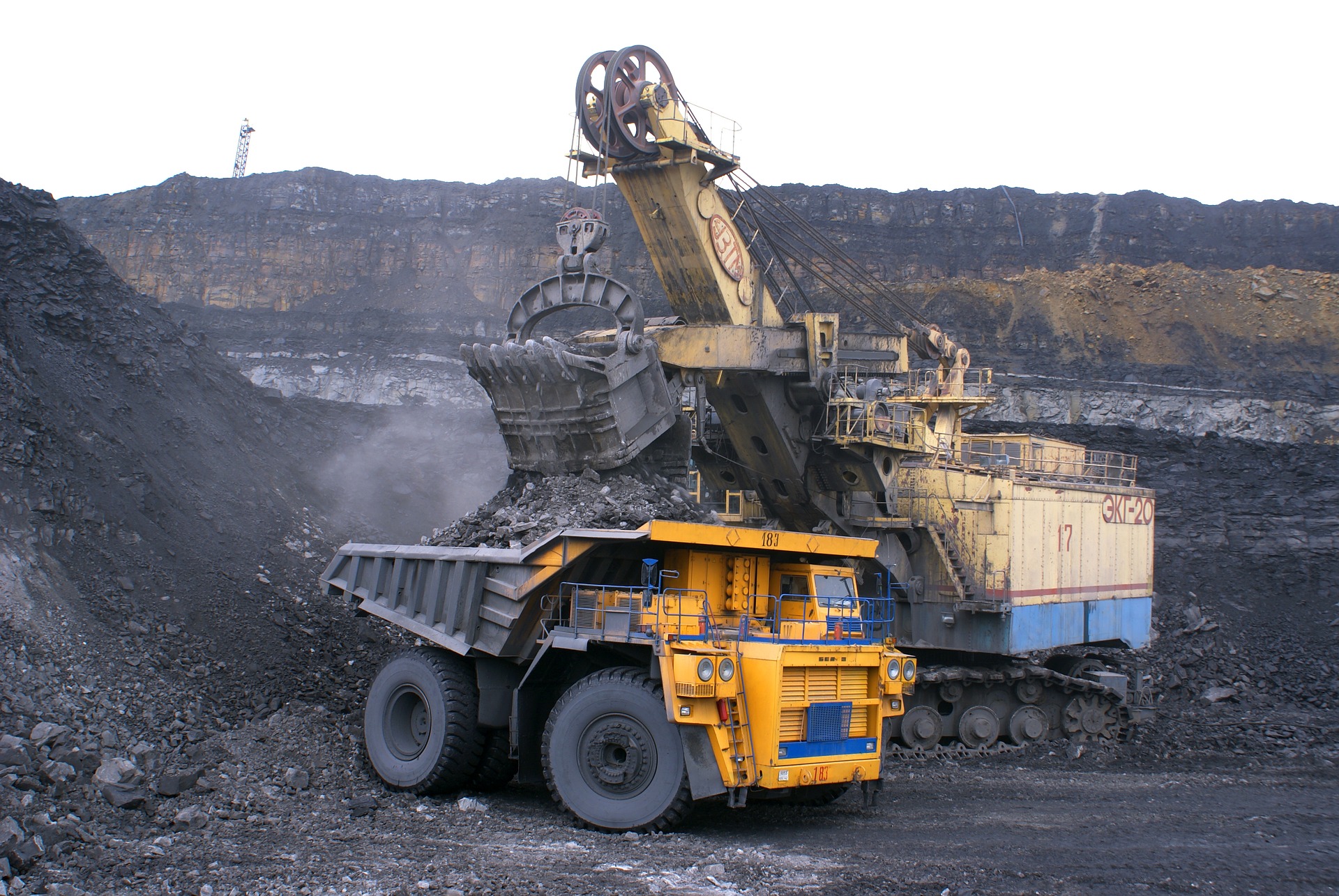
Recent developments in mining and environmental legislation, September 2021
1. The Mining Act reform
The Ministry of Economic Affairs and Employment is currently preparing amendments to the Finnish Mining Act.
The most recent draft of the amendment proposes changes inter alia to the validity period of the reservation (operators right to reserve a designated area for the purpose of preparing an exploration permit application for the said area), to the prerequisites to extend the validity of an exploration permit as well as changes to the prerequisites to award mineral rights.
Certain political groups and NGO’s have called for the introduction of a new prerequisite for awarding a mining permit. This prerequisite would compare the benefits gained from the mining project to the losses incurred for public or private interests. The most recent draft does not propose such legislative change.
The Ministry of Economic Affairs and Employment will organize a public consultation event concerning the Mining Act reform on 29 September (registration link (in Finnish): https://tem.fi/-/kaivoslain-uudistuksesta-jarjestaan-avoin-kuulemistilaisuus-29.9). After the event, the draft bill will be circulated to stakeholder for comments.
The draft proposal as well as other material produced for the legislative process can be found on the Ministry of Economic Affairs and Employment’s website: https://tem.fi/kaivoslakiuudistus (in Finnish).
The Government is planning to submit its proposal to the Parliament by the end of this year. We will continue to follow the legislative process and keep you updated.
2. Nature Conservation Act reform
The current Nature Conservation Act entered into force in the beginning of 1997, with the main objective to ensure biodiversity by maintaining and preserving the Finnish natural environment by designating areas for nature conservation and protecting habitats and species.
Since early 2020, the Ministry of the Environment has been preparing the reform of the Nature Conservation Act.
The objective of the reform of the Nature Conservation Act is to inter alia further improve the protection and monitoring of species and habitats and examine the possibility to use ecological compensation.
Ecological compensation means offsetting local damage caused by construction or industry by improving biodiversity elsewhere.
The current draft, which was sent to stakeholders for comments proposes to introduce specific no-go zones for exploration. These no-go zones would consist of state-owned nature conservation areas.
The Government is planning to submit its proposal to the Parliament in the beginning of 2022. We will continue to follow the legislative process and keep you updated.
3. Amendments to the Environmental Protection Act
The Ministry of Environment has introduced a draft bill seeking to amend the Environmental Protection Act. In particular, the draft seeks to amend the rules concerning the collateral for waste management and sections concerning the amending of an awarded environmental permit.
The draft seeks to broaden the scope of the applicability of the collateral to apply also to industrial operations whose primary line of operation does not include waste management but nevertheless involves management of considerable amounts of waste. Such operations may be found especially within the process industry.
The draft also seeks to amend the review process of an existing collateral. According to the proposal, the collateral would be amended on the supervising authority’s initiative, if the collateral is assessed as insufficient. Further, the draft proposes that the permitting authority could oblige the operator to assess the sufficiency of the collateral periodically and inform the supervising authority of its findings.
The Government aims to submit its proposal to the Parliament by the end of this year. We will continue to follow the legislative process and keep you updated.
4. Government study concerning collateral for waste management
The Finnish Government has commissioned a study regarding whether certain waste components such as certain waste waters fall outside the scope of the current waste collateral regulations applicable for mining operations.
The aim of the study is to examine what impacts would the broadening of the scope of the waste collateral regulations have and what costs would incur if the scope of the waste collateral regulations would be broadened to cover e.g., water management of closed open pit mines.
The study is expected to be completed in August 2022. We will follow the progression of the study and keep you updated.
5. Mining Tax
In connection with the Government’s 2022 budget negotiations, the Government decided on the introduction of a separate mining tax. The novel tax will be introduced in 2023. According to the Government’s decision, electricity tax for mining operations will not be increased.
The new tax seeks for an annual EUR 25 million tax revenue, of which 60% will be directed to the municipalities where the mines are located and 40% to the state.
As the Government did not decide on the form or specifics of the new mining tax, the final form of the new tax will be determined during the legislative process led by the Ministry of Finance. According to a Government ordered study, published on 25 May 2021 and referred in the minutes of the negotiations, a levied mining tax may be based on production (volume-based royalties and value-based royalties) or on the net income of mines (tax on profit and tax on economic rent).
Once the Ministry of Finance has completed its draft, all interested parties will have the opportunity to provide statements of the draft after which, the draft will be submitted to the Parliament.
We will continue to follow the legislative process and keep you updated.
DECISIONS BY THE SUPREME ADMINISTRATIVE COURT
1. Real estate taxation of mining areas (KHO:2021:85)
A recent ruling from the Supreme Administrative Court examined the real estate taxation of mining areas.
Real estate tax is an annually paid tax based on the ownership of a property. As a rule, both land and buildings are subject to real estate tax.
The real estate tax is based on the taxable value of the real estate determined by the real estate tax rate. The taxable value of the real estate is determined in accordance with the basis of calculations applied in the previous year in the Act on the Valuation of Assets in Taxation.
The Supreme Administrative Court ruled that land areas used for mining operations as well as tailings ponds and sedimentation basins are indeed subject to real estate tax.
https://www.kho.fi/fi/index/paatokset/vuosikirjapaatokset/1624341859115.html (in Finnish)
2. Exploration within the Sámi homeland (KHO:2021:83)
A recent ruling from the Supreme Administrative Court examined the administrative procedure relating to the awarding of an exploration permit within the Sámi homeland and the impact assessment on Sámi rights carried out by the Mining Authority.
The case concerned an exploration permit, with a total area of 390 hectares and an exploration plan consisting of a 20-drill hole exploration program.
The exploration permit decision was appealed against by the Sámi Parliament, the Finnish Association for Nature Conservation and the local reindeer herder’s association, mainly based on arguments that exploration within the area has negative impacts on Sámi rights and the failure to appropriately assess the impacts of exploration on Sámi rights.
The Mining Authority demonstrated that it had requested numerous statements from the Sámi Parliament and the local reindeer herder’s association while assessing the grounds of the permit application and arranged a consultation with the Sámi Parliament and the local reindeer herder’s association as required by the Mining Act. Based on the statements received and the above-referred consultation, the exploration permit decision contained permit conditions that aimed to minimize possible negative impacts that the planned exploration program would have on reindeer herding.
Taking into consideration the planned exploration activities, that were considered as small-scale by the Supreme Administrative Court, the Court considered that the impact assessment had been carried out in an appropriate manner and the appeals were dismissed.
https://www.kho.fi/fi/index/paatokset/vuosikirjapaatokset/1623919490913.html (in Finnish)











